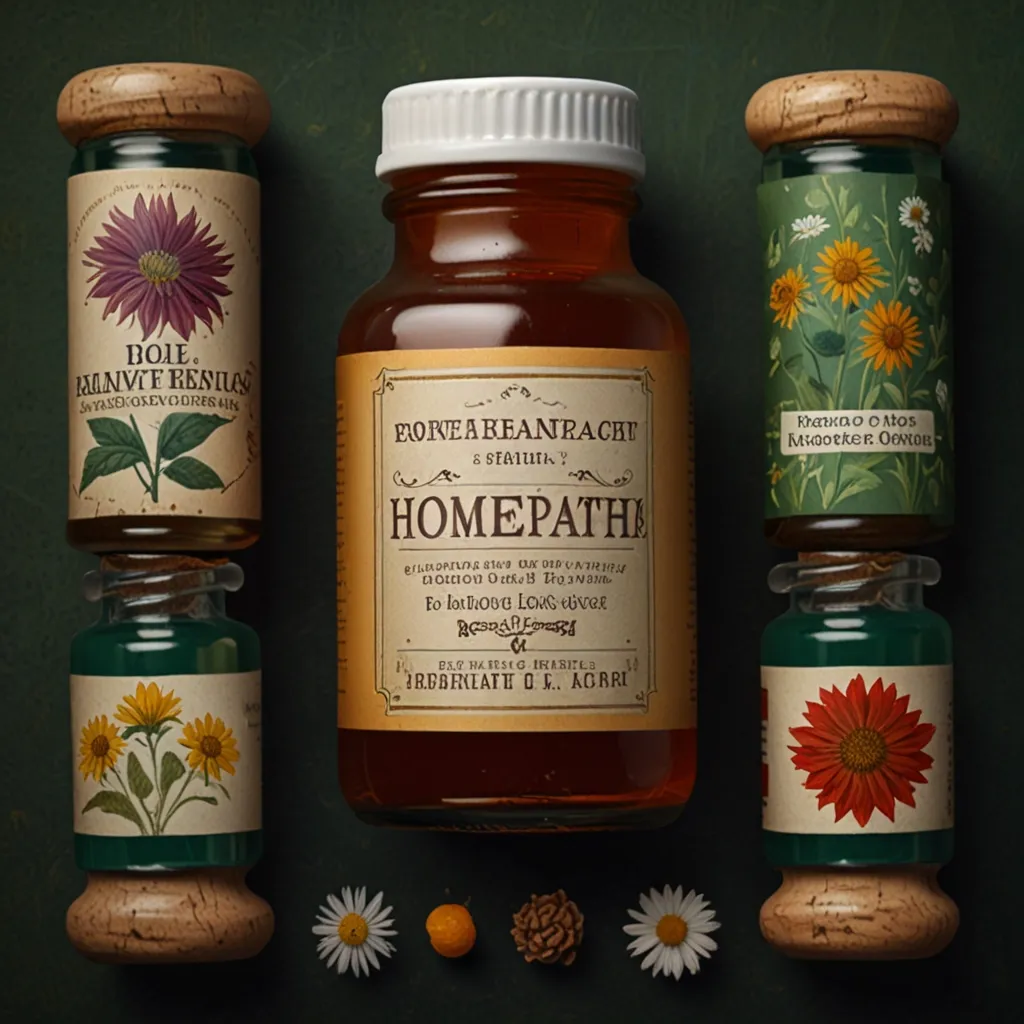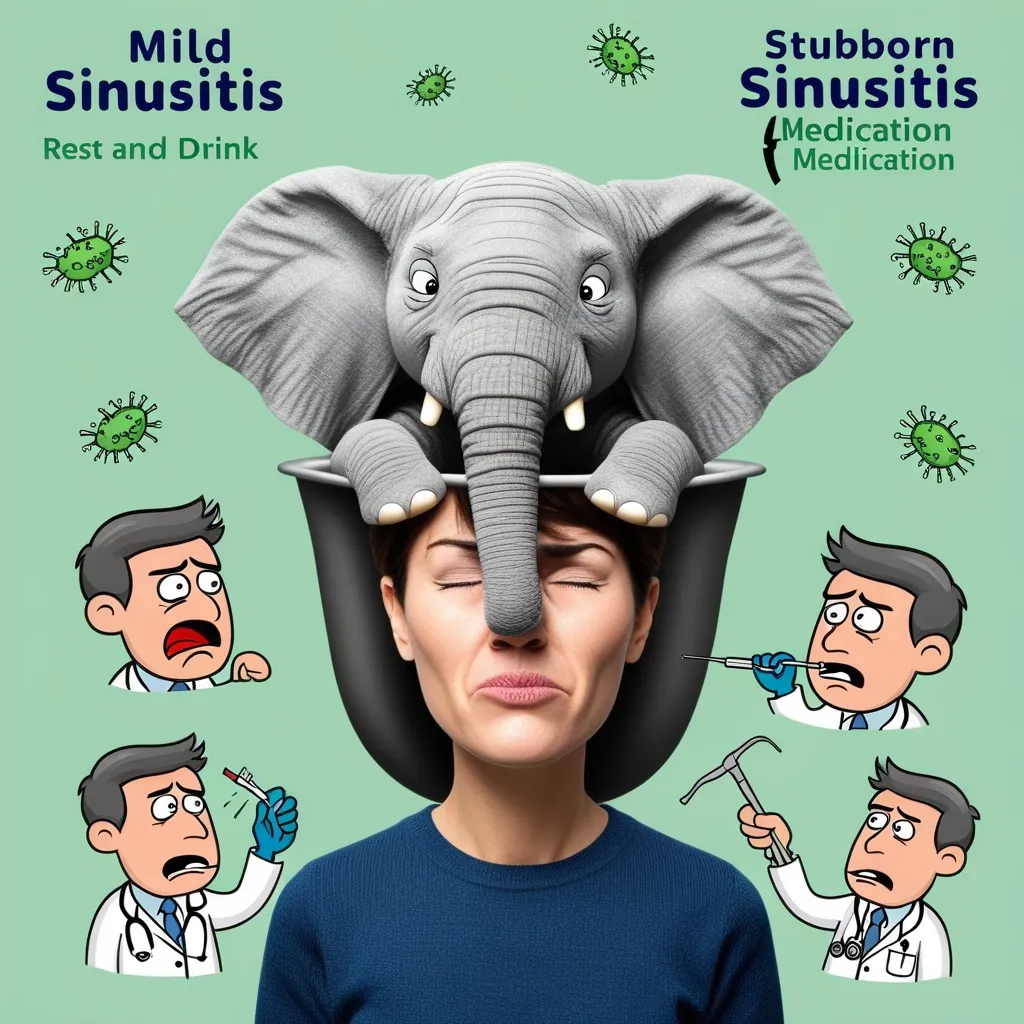Homeopathy has been around for over two centuries, starting in Germany in the late 1700s. The entire system is based on a simple, yet intriguing belief: the body can heal itself. Practitioners use tiny amounts of natural substances, like plants and minerals, to kickstart the healing process. The core idea is “like cures like.” If a particular substance causes symptoms in a healthy person, it can, in small doses, treat an illness with similar symptoms.
Consider red onion for a moment. It makes your eyes water, right? Homeopathic remedies use it for treating allergies. Other interesting remedies include poison ivy, white arsenic, crushed whole bees, and arnica. Homeopathic practitioners dilute these ingredients with water or alcohol and then shake the mixture in a process called “potentization.” They believe that even when no molecules of the original substance remain, the remedy carries its healing essence.
These remedies come in various forms like sugar pellets, liquid drops, creams, gels, and tablets. A homeopathic consultation is quite detailed. The homeopath will ask an array of questions about your mental, emotional, and physical health to pinpoint a remedy that syncs up with your symptoms. This personalized touch is a big part of what homeopathy is all about. You can also grab over-the-counter homeopathic remedies at drugstores and health food stores, though the quality can vary.
Homeopathy covers a wide range of health problems: from chronic issues like allergies, migraines, depression, and chronic fatigue syndrome, to minor ones like bruises, scrapes, toothaches, headaches, nausea, coughs, and colds. However, it’s crucial not to rely on these remedies for life-threatening illnesses like asthma, cancer, heart disease, or emergencies. There are also homeopathic products called “nosodes” touted as vaccine alternatives, but no research backs their effectiveness.
The effectiveness of homeopathy is a hotly debated topic. Some studies show positive effects while others don’t. Critics often say the benefits are just a placebo effect—symptoms improve because you believe the treatment is working, not because it actually is. This belief can trigger the brain to release chemicals that temporarily relieve pain or other symptoms. Scientific skepticism arises because some theories behind homeopathy don’t gel with principles of chemistry and physics. Essentially, a medicine with no active ingredient shouldn’t impact the body.
Although the FDA oversees homeopathic remedies, it doesn’t verify their safety or effectiveness. Most remedies are so diluted they don’t cause side effects, but there are exceptions. For example, in 2016, the FDA warned against using homeopathic teething tablets and gels due to potential health risks for infants and children.
If you’re thinking about trying these alternative treatments, it’s crucial to talk to your doctor. This ensures they won’t interact with other medications you’re on. Homeopathy has been divisive, with mixed results in studies. Some show positive outcomes, others none. Even though scientific evidence is scant, many people believe in homeopathy, especially when conventional medicine doesn’t quite cut it.
Homeopathic products aren’t FDA-approved like conventional medications. They follow separate guidelines in the Homeopathic Pharmacopoeia of the United States. Many people have positive experiences with homeopathy, particularly when other treatments fall short, but scientific trials remain inconclusive. Some suggest positive effects, while others report no therapeutic benefit.
Safety is another touchy subject. Homeopathy lacks the rigorous testing and regulation that conventional medications undergo. Relying solely on homeopathy for serious or chronic conditions could cause delays in getting necessary medical care, potentially worsening the condition. Some remedies use substances that can cause allergic reactions, even when highly diluted. They might also interact with prescription drugs or other supplements, leading to unintended side effects.
If you’re considering homeopathy, consult a qualified healthcare professional like a medical doctor or a licensed naturopathic doctor. Homeopathy, essentially, is like giving your body a gentle push to heal itself. It operates on the principle that if a substance can cause certain symptoms in a healthy person, a highly diluted form of that substance might help you fight off similar symptoms when you’re unwell. This diluted substance is thought to gently prompt your body’s natural healing mechanisms.
While these ideas might not align with mainstream science, many people still find value in homeopathy as an alternative health approach. Before you dive into homeopathic treatments, it’s best to talk it over with your general practitioner. This ensures it won’t interfere with any existing conditions or medications. Homeopathy has been and continues to be a significant part of the broader medical landscape, proving beneficial to many who believe it has helped them.
In summary, homeopathy is a time-honored alternative healing method using highly diluted natural substances to stimulate the body’s own healing processes. While its efficacy is still debated, many find it helpful for various ailments. Always consult a healthcare professional before diving into homeopathic remedies, especially for serious or chronic conditions.






